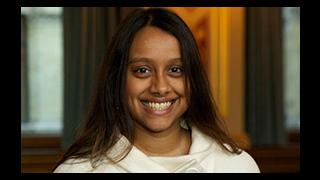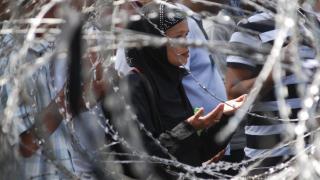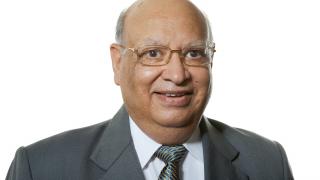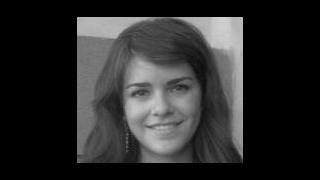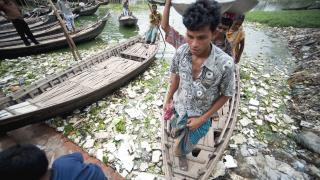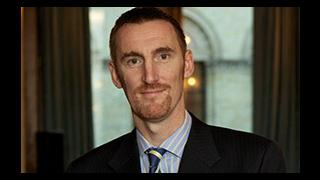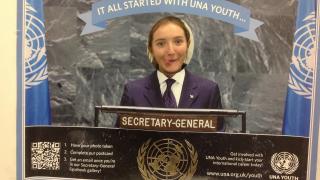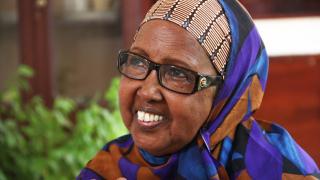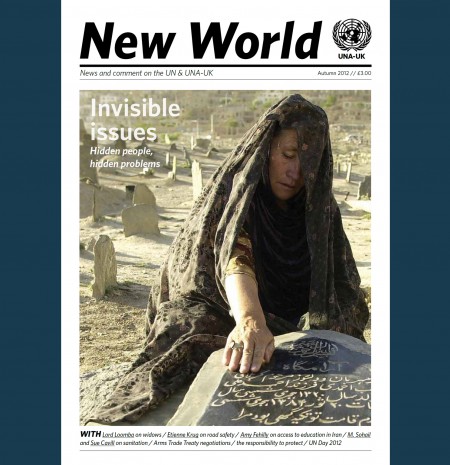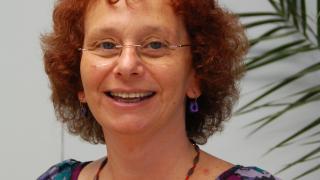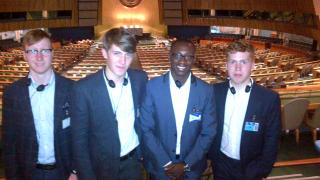
A widening pool of students in Iran – women, political activists, human rights campaigners, ethnic groups and religious minorities such as the Bahá’í community – are being barred from schools and universities. They are either not accepted in the first place or promptly expelled once their backgrounds become known.
At the start of this academic year, 36 Iranian universities introduced new rules that banned women from 77 different courses. In an interview with the BBC, Nobel Peace Prize laureate Shirin Ebadi speculated that the reason behind this move was to prevent women from contributing to society.
For members of the Bahá’í community, the largest religious minority in Iran, annual university enrolments have dropped to just several hundred, compared to an estimated 15,000 or more before the 1979 revolution. This deplorable decrease is due to a government policy stating that the progress of the Bahá’ís must be blocked. A government memorandum, written in 1991 at the request of Iranian Supreme Leader Ayatollah Ali Khamenei, instructs universities to expel students once it is discovered they are Bahá’ís. They too, it seems, are not allowed to contribute to society.
In response to this move, the informal Bahá’í Institute for Higher Education was set up to offer degree-level education to young Bahá’ís who had been barred from Iran’s universities. The courses were taught by voluntary tutors using an online learning website. In recent years, students and tutors have been arrested, imprisoned and their books and equipment confiscated.
Last year, a global grassroots campaign called “Can You Solve This?” saw students at universities in Australia, Brazil, France, Germany, Italy, Slovakia, the UK and the US organising events on campus to raise awareness about the denial of access to education in Iran. In the UK alone, 5,000 letters have so far been sent to Foreign Secretary William Hague from the campaign’s website.
The site also encourages visitors to sign a letter to Kamran Daneshjoo, the Iranian Minister for Science, Research and Technology, asking: “Do you not appreciate that by blocking access to higher education for your own citizens, you are retarding the progress of your own country?”
Iran’s unwillingness to embrace the values of tolerance and mutual understanding is counterproductive for the country’s growth and development. Education is the primary driver of progress, so how can the Iranian authorities be acting for the benefit of their country by preventing Iranian citizens from attending university?
Article 13 of the International Covenant on Economic, Social and Cultural Rights, which Iran has ratified, enshrines the right of all persons to education, as well as the need for education – at primary, secondary and tertiary level – to be made equally accessible to all.
Past events have shown that denial of education to individuals or to entire segments of society can lead to divisions and oppression. In the years prior to the 1994 genocide in Rwanda, the proportion of the Tutsi minority in schools fell to just 7%. In apartheid South Africa and in the US prior to the civil rights movement, young black people were either afforded second-class schooling or barred from access to universities designated as “white”. Steve Biko, the student antiapartheid activist who was killed in South African police custody in 1977, famously remarked that “the most potent weapon in the hands of the oppressor is the mind of the oppressed”.
Most notoriously, the Nazis used the German school curriculum to turn popular opinion against the country’s Jews. Today in Iran, teachers, school management and clerics frequently harass Bahá’í students, and have been known to incite violence against them.
With the denial of education blighting the lives of a growing number of Iran’s youth, students involved with the “Can You Solve This?” campaign are hoping to raise their voices again, by calling on national governments, UN agencies and the UN special rapporteur on the right to >education, Kishore Singh, to take action to defend the right of equal access to education, and allow the young of every nation to fulfil their potential.
Amy Fehilly is a third-year student of history and Persian language at the School of Oriental and African Studies in London she is involved with the “Can You Solve This?” campaign


